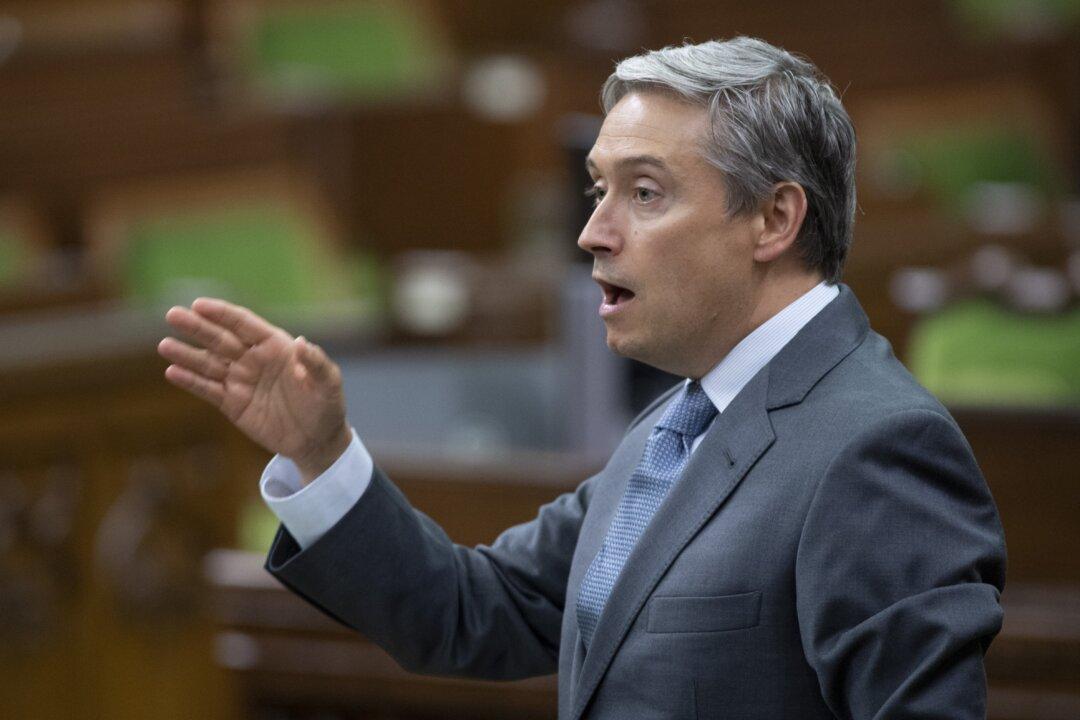Global Affairs Canada announced Wednesday that consular staff had access to Robert Schellenberg, a Canadian sentenced to death on drug smuggling charges in China, for the first time since last January.
Canada’s ambassador to China, Dominic Barton, gained virtual access to Schellenberg, Global Affairs said in a release. Due to the provisions of the Privacy Act, no further information could be disclosed, it said.





